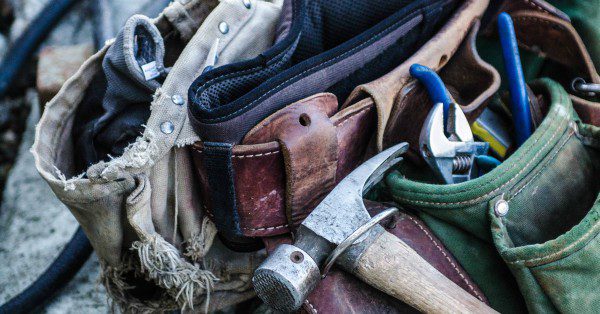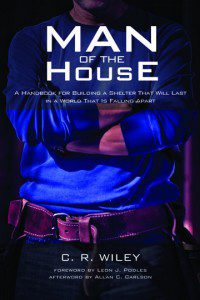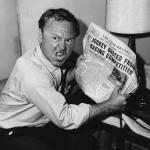
In my advocacy for recovering the productive household, the first question I’m asked is, “Is it possible?” But there is a second, sometimes hiding in first, other times expressed, and it is this: “Is it desirable?”
I think we all live short of the ideals we live for–so failure to fully perfect an ideal doesn’t strike me as a fatal blow. It is the question of desire, is this worth the effort? or, is it even nobel to try? that proves deadly.
The objections raised are inextricably bound up with modern notions of what makes for a good life. And those ideals are so dependent upon modern institutions designed to hide them from view, it is nearly impossible to answer the objections directly without tacitly endorsing the very premises the productive household is calling into question. Not only that, even when challenged, people seem unable to hear, or see the point, ears and eyes apparently lacking.
Disillusionment is needed. For me that’s what did the job. But for most people it seems by all I can see, the liberal ideal of autonomy, you know, freedom from moral and social restraint, and the uninhibited pursuit of sensual pleasure, is just too desirable to doubt. Repeated disappointment just leads to doubling down and trying harder. See my earlier point about failure to achieve the ideal as insufficient to kill an ideal.
So I think the way to proceed here is just to leave off a defense and instead just lay out the ideal of the productive household on its own terms. In the weeks that follow there will be plenty said that will skewer the liberal ideal of the good life. But my purpose is more constructive. I want to discuss the good life and how the productive household does a better job of helping us pursue it than the gargantuan institutions of the modern world.
 As I do so I will use a term that may be unfamiliar to you. It is the term “post-liberal”. I wish I had a better term, but I don’t. It is intended to convey a sense of “been there, done that”. Too often people like me are accused of “turning back the clock” or nostalgia, as though we’re unfamiliar with the modern world and its benefits. If you’ve read my book, Man of the House, you know that this isn’t true. The case I make is based on the situation we find ourselves in now. We live among the ruins, not just of the West, but the very institutions we once confidently believed delivered us from the need of a tradition. The welfare state is failing, and globalism seems to work for some people but not for the rest of us. (No, I don’t think cheap goods at Walmart can be said to work for people. They come at the high price of ruined communities.)
As I do so I will use a term that may be unfamiliar to you. It is the term “post-liberal”. I wish I had a better term, but I don’t. It is intended to convey a sense of “been there, done that”. Too often people like me are accused of “turning back the clock” or nostalgia, as though we’re unfamiliar with the modern world and its benefits. If you’ve read my book, Man of the House, you know that this isn’t true. The case I make is based on the situation we find ourselves in now. We live among the ruins, not just of the West, but the very institutions we once confidently believed delivered us from the need of a tradition. The welfare state is failing, and globalism seems to work for some people but not for the rest of us. (No, I don’t think cheap goods at Walmart can be said to work for people. They come at the high price of ruined communities.)
Nevertheless I do think we’ve gained important things with modernity, especially when it comes to the treatment and cure of disease and access to information. I don’t want to lose those gains. But paradoxically it is the new world we now live in that makes it possible to recover those features of an earlier way of life that we erroneously believed were the price that had to be paid for the benefits of modernity. What are those?
Now I come to my case for the good life that the productive household can make possible. The following list contains ideals that I will take up and treat in future posts.
- Human scale
- Integration of life
- Ownership/stewardship
- Union, aka common good
- And something I call, structural, intergenerational interdependency
In case you’re wondering if this will eventually amount to something, yes, I hope so. These themes and others to follow hopefully will form the substance of a sequel to Man of the House. For now I’m calling it, The Rise of the Post-Liberal Household.












